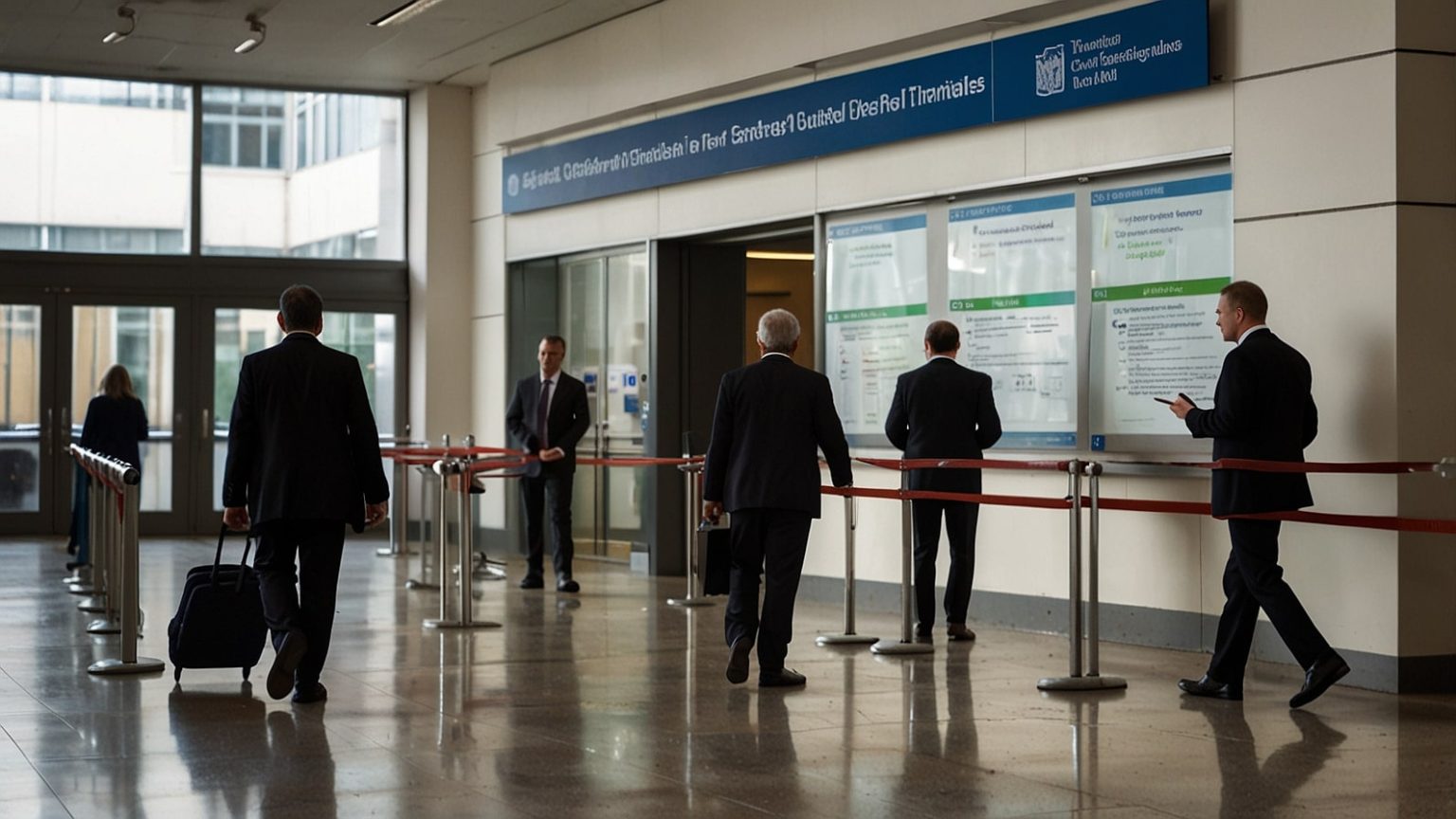Universal Credit (UC) is a major welfare provision that aims to simplify and streamline the disbursement of welfare finance for people in the UK. The Department for Work and Pensions (DWP) process of managed migration involves transferring existing legacy benefit claimants to Universal Credit, including Employment and Support Allowance (ESA), Tax Credits, and Housing Benefit.
This staggered implementation has been occurring gradually since September 2021, with momentum steadily increasing. By the end of March 2026, the government aims to have all legacy claimants transitioned. Under this scheme, the DWP sends a migration notice to claimants, informing them that they must apply for UC within a specified period to continue receiving their benefits.
Typical DWP Misjudged Managed Migriations
Although it was meant to be a smooth transition, many claimants have faced significant issues, which were brought about by failures in the DWP’s managed migration. One of the most common problems is that some elements of the legacy benefits have not been transferred into U, C, particularly the work-related activity or support component of ESA legacy claims.
This fault has primarily been due to the failure to process a vital internal DWP form, the MGP1, which establishes the claimant’s eligibility for these components. Therefore, this situation leads to the fact that at the moment of receiving their first UC payment, there are claims that receive it without the other supports necessary, which puts them in hardship and confusion.
The other key mistake relates to how the DWP was incorrect in making adjustments to benefits after the migration. Rather than properly correcting benefit decisions when errors are noticed, the DWP tends to override decisions, thereby correcting entitlements with effect only from a point in the future, rather than correcting the award with effect from the correct date.
The practice may result in significant financial losses, particularly among individuals eligible for a transitional protection measure designed to mitigate losses during the transition to UC. Improper erosion of transitional protection that results in drastic payment reductions can also be initiated through inappropriate application of supersessions as opposed to revisions of the Mario.
Problems with Transitional Protection
The second significant protection is called transitional protection, which is a guarantee that the government has discussed, ensuring claimants are financially no better (or no worse) off after switching from legacy benefits to UC. They benefit from the level of protection until such time that their circumstances change. This protection, however, is hampered by errors in calculation, delays, and the misapplication of rules by the DWP.
Such claimants, such as a couple who must claim separately under UC transitional rules or a person with capital levels, are unlikely to be covered by the transition protection, which further contributes to confusion and upset. The DWP continues to implement improvements in policies and procedures; however, the magnitude of movements and workloads presents additional challenges.
Injury to Claimants
These errors may have colossal financial repercussions. Claimants are not only subjected to late/ diminished payments, but also, administratively, they have to undo mistakes at the expense of their administrative powers. Appeals, modification requests, or conflicts against supersessions can be complicated to navigate and time-consuming.
To those already vulnerable individuals or who are new to the UC system, these are the obstacles that augment the stress and danger of living in debt or needing. It has been reported that a significant percentage of legacy benefit recipients who have received notice of migration either fail to claim UC or have discontinuities, implying that obstacles have not been resolved in the managed migration system.
Correction and Solutions to Errors
It is essential to consider the difference between revision and supersession, as claimants must rely on such cases to correct mistakes. Where a claimant makes an error in an initial award of UC within regulated timescales, they can request that the situation be corrected by revision (instead of supersession), thereby reinstating the proper entitlement backdated.
In earlier errors not falling within these time limits, cases may be argued under the principle of official error by the DWP. Claimants have been asked to keep careful records, pay a professional for advice where needed, and utilize official guidance materials and helplines provided by the DWP and other support organizations. The DWP plans to mitigate the effects of these issues through further research and successive refinement of its ideas as the managed migration process continues.
Conclusion
Although the managed migration of Universal Credit is intended to offer a seamless benefits system, the move has been marred by significant flaws on the part of the DWP that disadvantage the incomes and welfare of claimants. Matters such as the parachuting of elements of entitlement, erroneous use of revision and supersession, and misuse of transition protections, among others, have caused confusion and suffering.
Governance through awareness by claimants and assistance by a professional advice line is also necessary to overcome such challenges. The current attempt by DWP to simplify and improve operations gives some hope that future transitions, as well as benefit adjustments, would be less painful.

